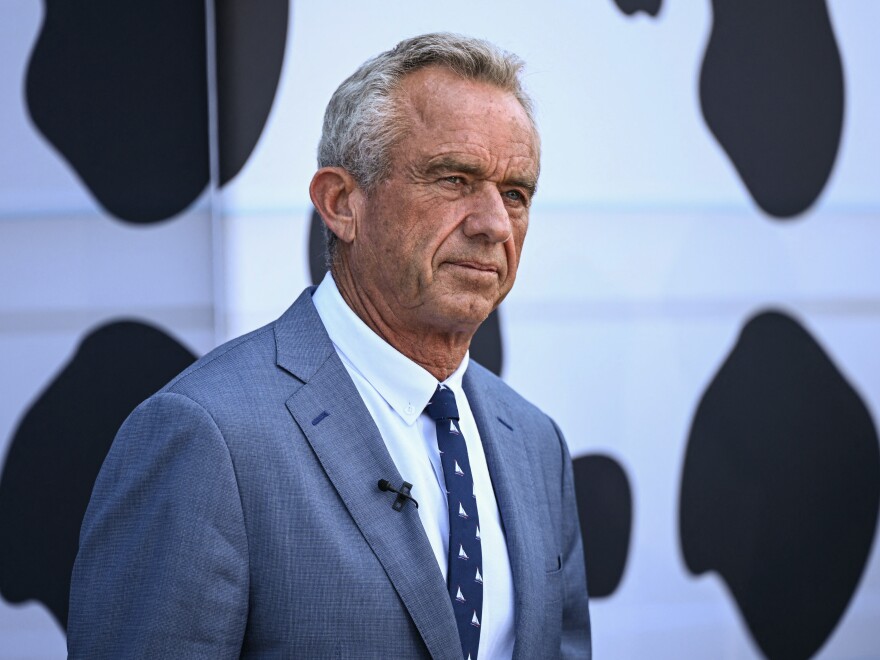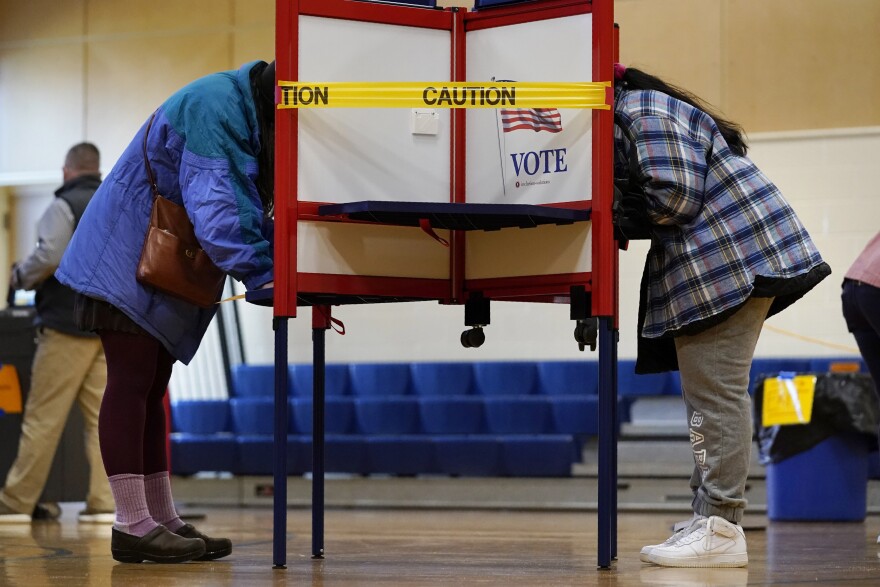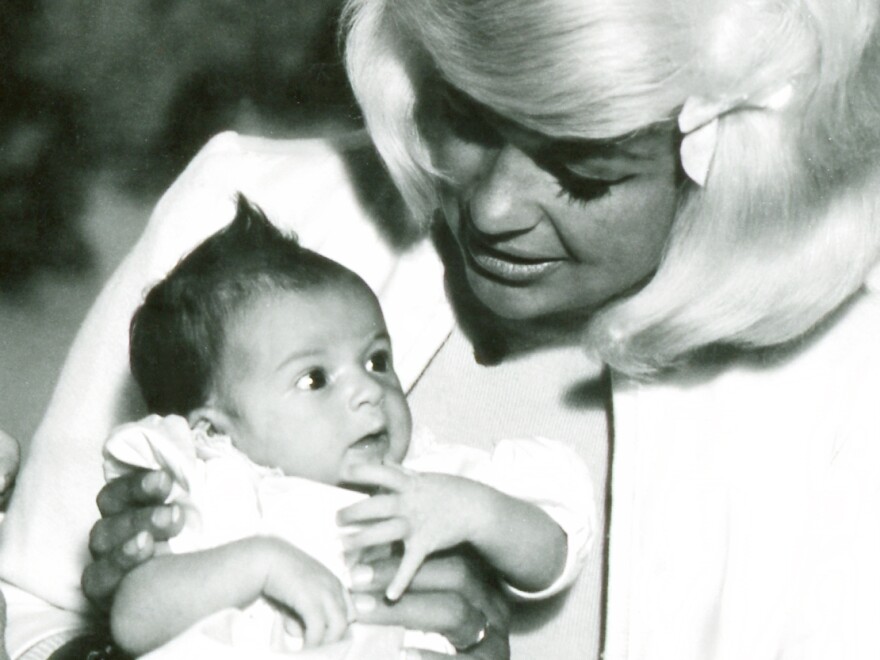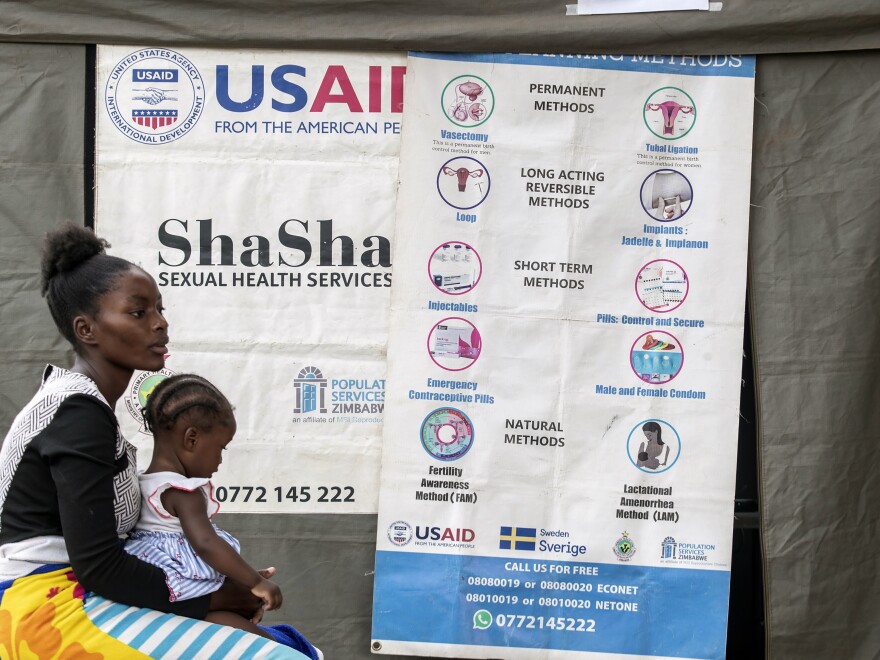Updated @ 1:18 PM EDT on July 28, 2025
The American Medical Association and other leading medical organizations expressed “deep concern” that Health and Human Services Secretary Robert F. Kennedy Jr. may soon fire the members of the U.S. Preventive Services Task Force, an advisory body of primary care specialists.
The Wall Street Journal was the first to report on the proposal. Dr. Bobby Mukkamala, president of the American Medical Association, says, “It’s very concerning and it’s not the first time we’ve been concerned.” The plan has not been independently verified by NPR.
Kennedy fired the members of another advisory group last month, one on vaccinations for the Centers for Disease Control and Prevention, and replaced them with people he personally selected. These people mostly lacked the knowledge of vaccines, immunology, and patient care that the committee members usually possess.
Mukkamala is concerned that the USPSTF may now experience the same thing. Kennedy is in charge of the Department of Health and Human Services’ Agency for Healthcare Research and Quality, which organizes the independent panel of experts with a primary care focus.
“When you have something good and you don’t know if it’s going to be replaced with something good, it’s just a risk that nobody should take,” adds Mukkamala.
A spokesman for the Department of Health and Human Services, Andrew Nixon, responded to a request for comment by saying, “No final decision has been made on how the USPSTF can better support HHS’ mandate to Make America Healthy Again.”
Since 1984, the USPSTF has been analyzing data and offering suggestions for preventing a wide range of illnesses.
Dr. Alexander Krist, a family physician at Virginia Commonwealth University and a former task force chair, says, “I probably use five to twenty of their guidelines to make sure that I’m keeping that person healthy.” According to him, those recommendations are applied, for instance, to colonoscopies for colon cancer, mammograms for breast cancer screening, and the treatment of high blood pressure, diabetes, obesity, depression, or anxiety.
The USPSTF publishes almost 100 preventive care guidelines that include everything from newborns to the elderly.
According to Dr. Michael Barry, a professor and researcher in internal medicine at Harvard Medical School and a former member and chair of the USPSTF, many primary care physicians view the task force’s recommendations as the “most trusted source for their recommendations.” “That trust is based on being consistent over 40 years, using the same rules over time, being careful that as new members join, they’re vetted for conflicts of interest and that they consistently apply the Task Force methods to making decisions.”
Doctors may lose faith in the guidelines if all existing USPSTF members are fired. “Clinicians are going to be left struggling to understand what they should be doing and who they should be listening to in terms of preventive care for America,” Krist adds.
The USPSTF guidelines have also been linked to the coverage provided by the majority of insurers since the Affordable Care Act was passed in 2010.
Kennedy’s decision to call off a USPSTF meeting earlier this month prompted the American Medical Association and more than 100 other health organizations to write to members of Congress. Congress was asked in the letter to safeguard “the integrity of the USPSTF from intentional or unintentional political interference.” The authors cautioned: “The loss of trustworthiness in the rigorous and nonpartisan work of the Task Force would devastate patients, hospital systems, and payers.”
On Sunday, the AMA sent Kennedy a follow-up letter outlining its concerns about the plans that had been revealed. The letter urges Kennedy to keep the present members of the Task Force and keep up its regular meeting schedule, stating that the 16 members “dedicate[e] their time to help reduce disease and improve the health of all Americans – a mission well-aligned with the Make America Healthy Again initiative.”
Copyright 2025 NPR






